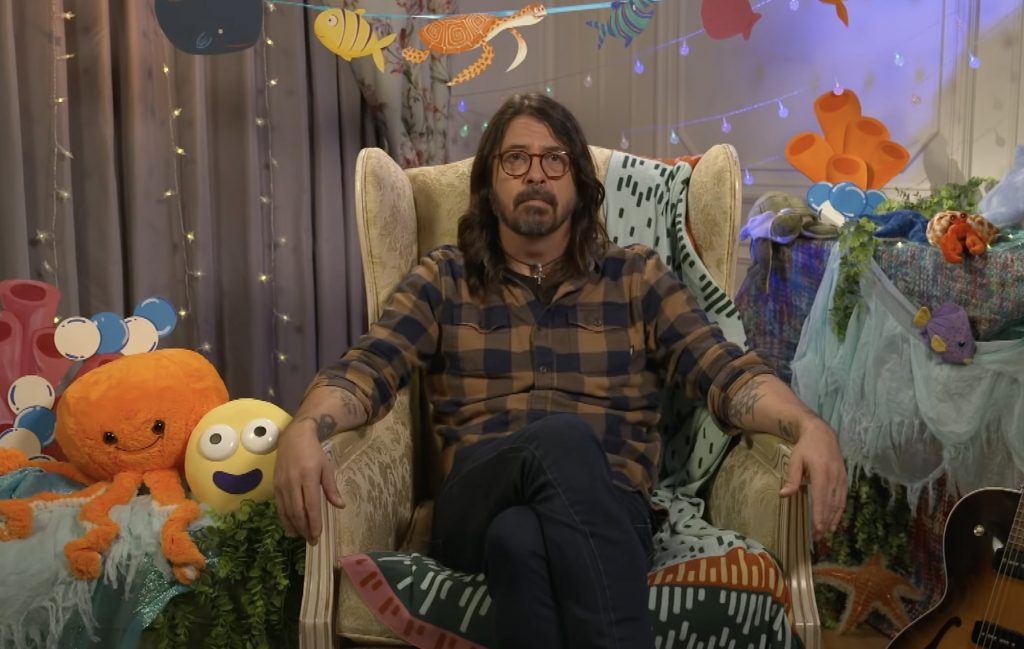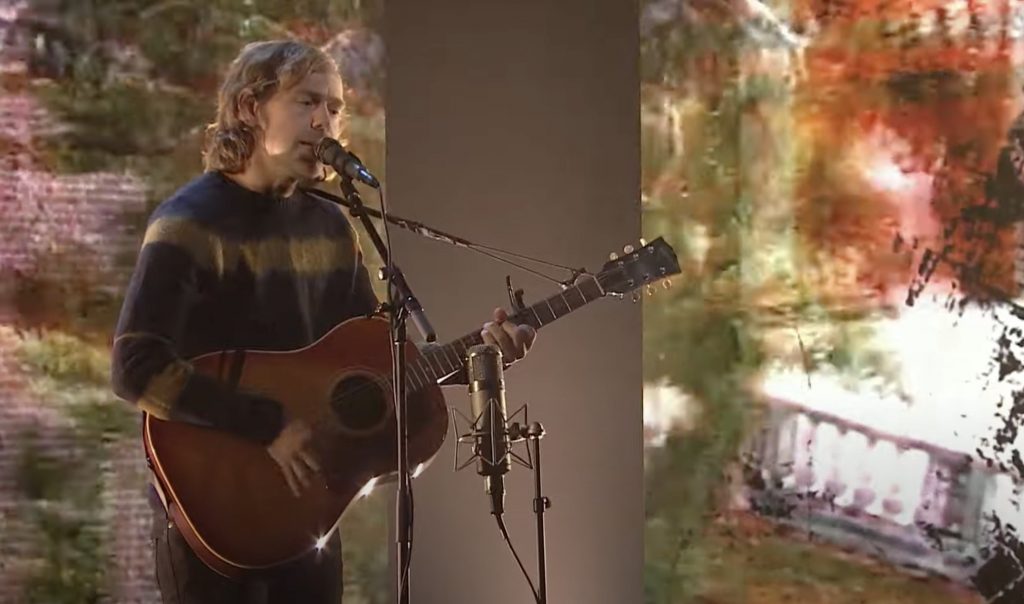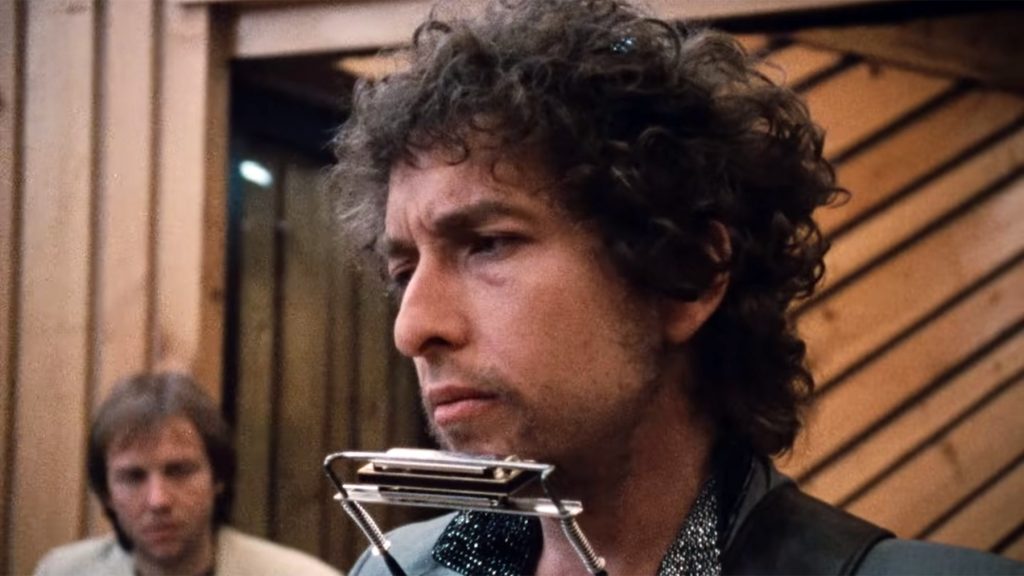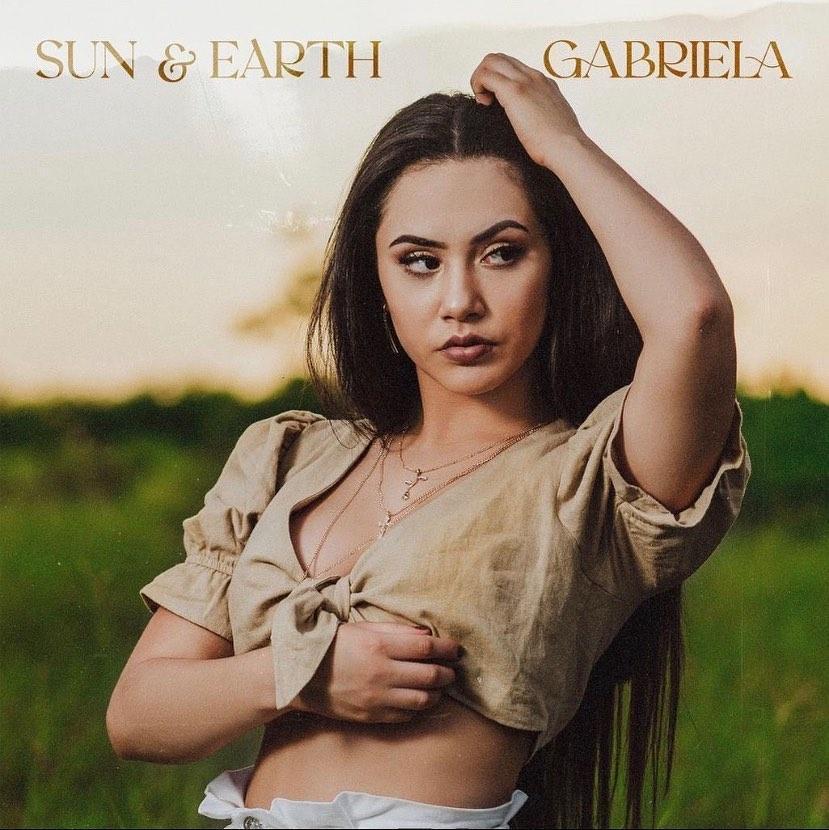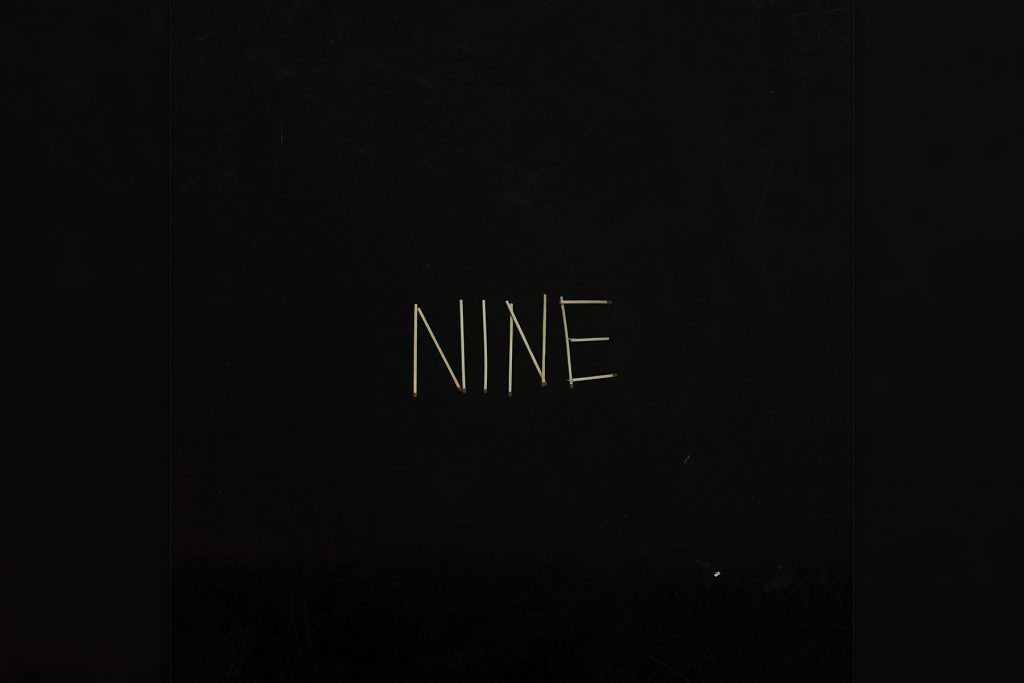
An Ode to Sault’s Disappearing Album ‘Nine’
There’s nothing certain these days, except maybe surge pricing and taxes. So back in June, when the enigmatic U.K. collective Sault announced that their new album Nine would be available for just 99 days, until October 2nd, it felt like a fitting tribute to our ephemeral age. Naturally, the struggle to find stability is at the heart of much of the music on the album. The songs suggest that lovers, moods, and even lives are as ephemeral as their so-called “self-destructing” record.
What is also insinuated by this very rollout is that art, in the age of apps, is at the very least a sacred thing. A kind of rebellious fuck you to the algorithm-based streaming platforms, Nine evokes the firebrand spirit of Abbie Hoffman’s counterculture manifesto Steal This Book.
There have been other albums in this mold — notably, Jay Electronica’s Act II: The Patents of Nobility (The Turn), which streamed last year on TIDAL, before disappearing some months later. But no other album in recent memory has had a headline-dominating launch that’s just as provocative as its protest-worthy themes.
blogherads.adq.push(function () {
blogherads
.defineSlot( ‘medrec’, ‘gpt-dsk-tab-article-inbody1-uid0’ )
.setTargeting( ‘pos’, [“mid-article”,”mid”,”in-article1″,”mid-article1″] )
.setSubAdUnitPath(“music//article//inbody1”)
.addSize([[300,250],[620,350],[2,2],[3,3],[2,4],[4,2]])
;
});
What are the implications here? For one, you might be more hands-on in your listening experience. If you seek the music out independently, you might find other, perhaps “unauthorized” ways to download it. The critically-acclaimed record, then, invites you to consider alternate modes of engagement. Methods outside of the reach of corporate control.
And surely after this past year, long and harrowing as it was, alternative ways of thinking are at the front of everyone’s minds. In addition to a global pandemic, the deaths of Breyonna Taylor, George Floyd, Rayshard Brooks, Atatiana Jefferson, and others at the hands of the police illustrated the acutely harrowing conditions Black people face when simply trying to exist.
Sault dances with that specific existential despair, at once lighthearted and deathly serious. How do you make time for humor, for romance, for bonding and loving in times of unprecedented crisis? No lucky breaks as it turns out. There’s a moment about halfway through the standout track “Fear,” where an almost affectless voice drones, “pain is real,” as if it were a funereal mantra for the distracted and oppressed. The song opens with the lyrics, “You fear, the rage/Night, cries/Dark, lies,” which sound, in the singer’s disembodied siren-like plea, like some macabre schoolyard chant. Except here, they volley intergenerational trauma like playground trash talk, signaling that these moods are deap-seated and festering, informed by entire lifetimes of shared experience.
Here’s our mystery man, sounding like he’s almost laughing at us. “You can’t fake this,” he croons, as if to say: “You can’t make this shit up.”
The band’s whole mythos seems shrouded in mystery. Formed in 2019, its members, ostensibly, are Cleo Sol, Michael Kiwanuka, Laurette Josiah, producer Inflo, Chicago-based trailblazer, Kid Sister, and rapper Little Simz. They do no interviews, and their social media presence is limited to just some snippets from their discography posted on their Instagram. Sault’s insistence on keeping things low-key hints that they see their music (and its potential for consciousness-raising) as more important than garnering likes.
View this post on Instagram
Elsewhere on the album, like on the breezy “Bitter Streets,” dealing with this particular brand of madness never sounded so sweet. It’s a cozy boss-nova bop that recalls peak Astrud Gilberto. On the track, a singer whom most believe to be the musician Cleo Sol croons about being trapped in a violent but sycophantic love affair. You sense that the only reason she stays with her partner is that she thinks she has to. Because their hurt — going back to childhood — is what ultimately unites them, even as it will inevitably undo them: “Your energy/Takes away the best of me/I remember when we were young/You made friends with a gun/You didn’t leave/Fell in love with the streets.”
blogherads.adq.push(function () {
blogherads
.defineSlot( ‘medrec’, ‘gpt-dsk-tab-article-inbody2-uid1’ )
.setTargeting( ‘pos’, [“mid-article2″,”mid”,”in-article2″,”mid-article”] )
.setSubAdUnitPath(“music//article//inbody2”)
.addSize([[300,250],[300,251],[620,350],[2,4],[4,2],[3,3]])
.setLazyLoadMultiplier(2)
;
});
Anyone who’s ever been in a dead-end relationship can relate. But what the singer does by also speaking to her lover’s compulsory lure for the streets is subtly and soulfully add another layer of much-needed depth. This resonates today, when so many partners, wives, and mothers of slain Black men are bravely stepping forward to speak on the inequities and the violence in our culture — all while they continue to grieve.
Fittingly, “Trap Life” is about maintaining when you’re living on the margins of said culture and could be killed by the police just as easily as by your peers. Here, pulsing bass behind a
deranged go-go rhythm drives a demented Greek chorus announcing, “Trap life/Yeah, we trap on these blocks/And we don’t trust these cops/Tell me who’s taking shots, shots, shots.”
In a sing-songy taunt that sounds like the Children of the Corn inhaled helium, the band insists that “I wanna be free/Free my fam and my mind/’Cause we’re locked up inside/Please don’t reach for that .9”
There’s a haunting linguistic subtext at play. Sault’s advice against reaching for a .9 could be equated with advising someone against reaching for, say, a license or registration form. Both acts, the song reminds us, are almost equally as damming in any situation where Black people interact with the cops. For their part, Sault has already assumed the worst: you were born into this unjust cycle and have to defend yourself — a firearm probably suffices. Just don’t resort to it, for heaven’s sake.
For 99 days, Sault made affliction sound cheeky, like a sneering vote of confidence written in invisible ink. “Alcohol” isn’t so much an admission as it is a kind of resigned jibe: “Oh-oh, alcohol/This time, you won.” The songstress, over soft muted keys, somehow manages to make it all sound like a plucky riposte. Meanwhile, with their oddly cheerful improvisations, the background singers egg her on by literally recounting her missteps (“One step forward, two steps back”). In other words, why not just down life’s proverbial glass half full? Nine might not have been here for a long time, but it’s here for a good time.
